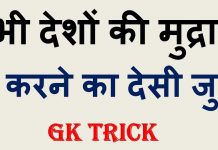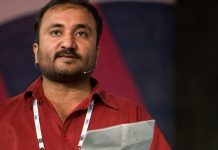Questions on Indian Polity
Indian Polity and their questions are very important in exams like SSC, UPSC and other state and central government examinations. We are here with a series of questions and answers on Questions on Indian Polity.
Q- How many schedules are there in Indian Constitution?
Ans – 12
• Q- What defines the aim of constitution?
Ans –preamble
• Q- How many types of Indian Citizenships are there?
Ans –single Indian citizenship
• Q- In which year Indian Citizenship act passed?
Ans –1955
• Q- Which article of Indian Constitution abolished untouchability?
Ans –article 17
• Q- Under which article the the president of India can be impeached?
Ans –article 61
• Q- Under which article in Money Bill defined the constitution?
Ans – article 110
• Q- From which country’s constitution is parliamentary system adopted?
Ans – united kingdom
• Q- Which article declares that ” there shall be a President of India”?
Ans –article 52
• Q- What is the maximum age for retirement of a judge of the Supreme Court?
Ans –65 years
• Q- Who appoints ” ad hoc” Judges of the Supreme Court?
Ans –chief justice of India with permission of president
• Q- Which article says ” there will be governor of each state”?
Ans –article 153
• Q- By whom the state council of Ministers formed?
Ans –governer
• Q- Which is the top-most urban local government?
Ans –municipal corporation
• Q- Which is the permanent House of Legislature?
Ans –legislative council
• Q- Who established Municipality in the year 1882 AD?
Ans –lord ripon
• Q- Who is the head of the executive wing council?
Ans –commissioner
• Q- Who becomes the Chairman of the National Development Council?
Ans –prime minister
• Q- Which non constitutional body is called “Super Cabinet”?
Ans – National Development Council
• Q- What is the main objective for the formation of Interstate Council?
Ans –co ordination between center & state
• Q- What is the color of Chakra in National Flag?
Ans – blue
• Q- What is set time to sing national anthem?
Ans – 52 sec
• Q- Who is the spokes person of the State?
Ans – chief minister



















